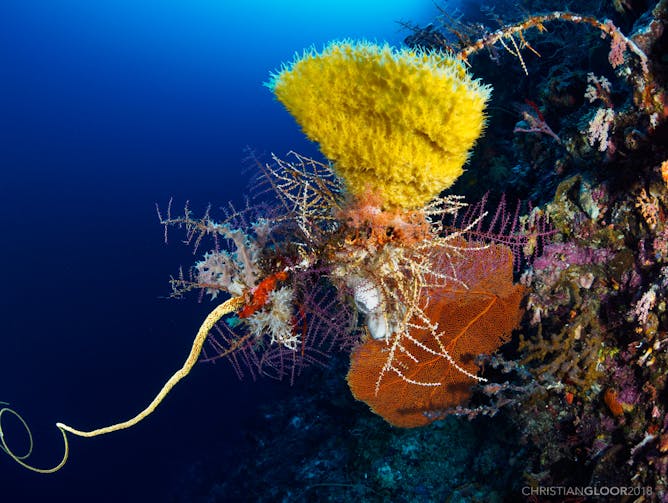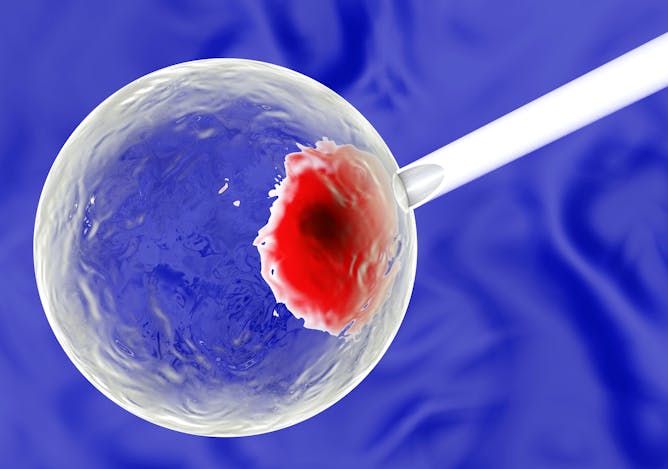|
Technology has enabled us to penetrate deeper into the ocean in the past 50 years. Scientists have discovered extraordinary ecosystems. And the technology has also led to the discovery of commercial potential in the metal-rich ores that have been found in the deep sea bed. Today in The Conversation Canada, Anna Metaxas of Dalhousie University and Verena Tunnicliffe of the University of Victoria write about the issue of deep sea mining and the need to develop environmental regulations for a deep-sea mining code.
Katharine Sedivy-Haley works with stems cells as part of her research at the University of British Columbia and tells us how they can potentially eliminate or prevent diseases. But despite the potential for stem cells to improve medicine, she writes, there are many challenges as they move from lab to clinic.
It’s something that happens so naturally that we rarely pause to ponder how young children learn words. Luckily, Katherine White is here to tell us. She does research at the Lab for Infant Development and Language at the University of Waterloo and writes today about the many ways that toddlers process language.
Regards,
|

Deep-sea mining could open a new industrial frontier in the world’s oceans.
Christian Gloor/flickr
Anna Metaxas, Dalhousie University; Verena Tunnicliffe, University of Victoria
Companies are developing technologies to mine the deep sea, but environmental regulations have yet to be finalized.
|

Currently, stem cell based treatments are still mostly experimental, and while some results are encouraging, several clinical trials have failed.
(Shutterstock)
Katharine Sedivy-Haley, University of British Columbia
Stem cells show much promise, both for testing drugs and for treating disease. But the hype around them has been dangerous, as most treatments are in very experimental stages and can cause harm.
|

Toddlers quickly adapt to the fact that words can be pronounced differently depending on many factors.
(Shutterstock)
Katherine White, University of Waterloo
Adults aren't the only language teachers: six-year-olds still produce sounds differently than adults, but toddlers are extremely good at understanding the speech of children six years and older.
|

Une bonne communication parents-enfants est un antidote au manque d'estime de soi et aux mauvais résultats scolaires.
shutterstock
Jessica Cooke, University of Calgary; Sheri Madigan, University of Calgary
Les besoins des enfants évoluent dans le temps, de sorte que les parents devraient leur parler d'une façon adaptée à leur âge pour témoigner de leur intérêt envers leurs activités quotidiennes.
|
Arts
|
-
Randy Malamud, Georgia State University
Will there ever be an electronic equivalent of Martin Luther King Jr.’s 'Letter from Birmingham Jail' or Émile Zola’s 'J’Accuse!'?
|
|
Environment + Energy
|
-
Miranda Cady Hallett, University of Dayton
Poverty and violence are often cited as the reasons people emigrate from Central America, but factors such as drought, exacerbated by climate change, are driving people to leave too.
|
|
Science + Technology
|
-
G. Gregory Haff, Edith Cowan University
Genetic testing could help us build targeted and effective training routines for athletes, but the emerging science could also introduce opportunity for discrimination in the sporting world.
|
|